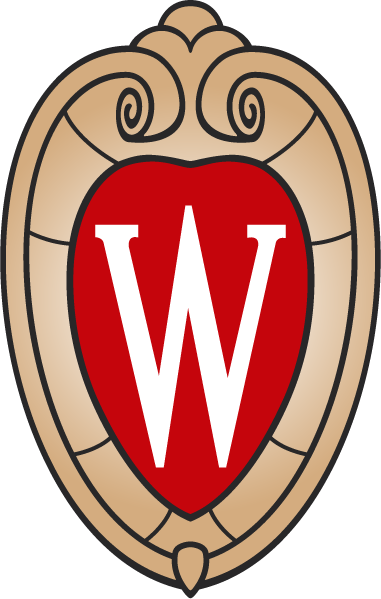
Course Overview
Combustion is the core of engine performance, and this course offers a deep dive into the evolving world of low temperature combustion. Learners will explore the “why” behind lean burn, gain insight into stratified charge and homogeneous charge compression ignition (HCCI), and examine the operational challenges and benefits of these advanced combustion strategies. With visual and conceptual tools, this course equips engineers with the knowledge to innovate in engine efficiency and emissions reduction.
Learning Outcomes
- Explain the principles and advantages of lean burn and low temperature combustion in internal combustion engines.
- Describe the behavior and implementation of HCCI and SACI combustion strategies using conceptual and visual frameworks.
- Analyze the operational trade-offs and design considerations across various combustion configurations.
Who Should Attend?
- Emissions and powertrain engineers seeking to optimize combustion strategies for performance and sustainability.
- Engineering students, ICE researchers, and enthusiasts interested in advanced engine technologies.
- Technical managers and decision-makers involved in future engine design and regulatory compliance.
Course Outline
Module 1 – Why Burn Lean?
Module 2 – Lean Flame Behavior
Module 3 – Stratified Charge Combustion
Module 4 – Homogeneous Charge Compression Ignition (HCCI): Conceptualization
Module 5 – HCCI: Benefits and Operational Sensitivities
Module 6 – HCCI: Operational Challenges
Module 7 – Spark Assisted Compression Ignition (SACI): Conceptualization
Module 8 – SACI: Operational Range Expansion
Instructor
Mark Hoffman
Mark Hoffman, Ph.D., is an assistant professor of mechanical engineering at Auburn University where he specializes in advanced powertrain systems. Dr. Hoffman has eighteen years of expertise in kinetically controlled combustion, multi-fuel combustion, in-cylinder heat transfer, thermal barrier coatings, catalytic emission systems, particulate emissions characterization, waste heat recovery, and fuel-efficient vehicle platooning. Hoffman currently leads the Federal Transit Administration’s low emission transit bus testing program at Auburn University, which assesses novel components in transit buses for their ability to reduce or eliminate greenhouse gas emissions from the transit vehicle fleet. Prior to his employment with Auburn, Dr. Hoffman was a research assistant professor at Clemson University’s Department of Automotive Engineering where he also served as founding director for Clemson’s Automotive Engineering Certificate program. Hoffman has authored more than fifty refereed publications, and received the Forest R. McFarland award from the Society of Automotive Engineers. Dr. Hoffman received his B.S. in Mechanical Engineering from Union College and both his M.S. and Ph.D. in Mechanical Engineering from the University of Michigan.
Past dates
Low Temperature Combustion
Course #: RA01723Low Temperature Combustion
Date: Sat. July 01, 2023 – Sun. June 30, 2024ID: RA01723-D159
interpro.wisc.edu/RA01723
Fee:
- $300
-
Fee covers course materials and online instruction.
- CEU: .4
- PDH: 4
